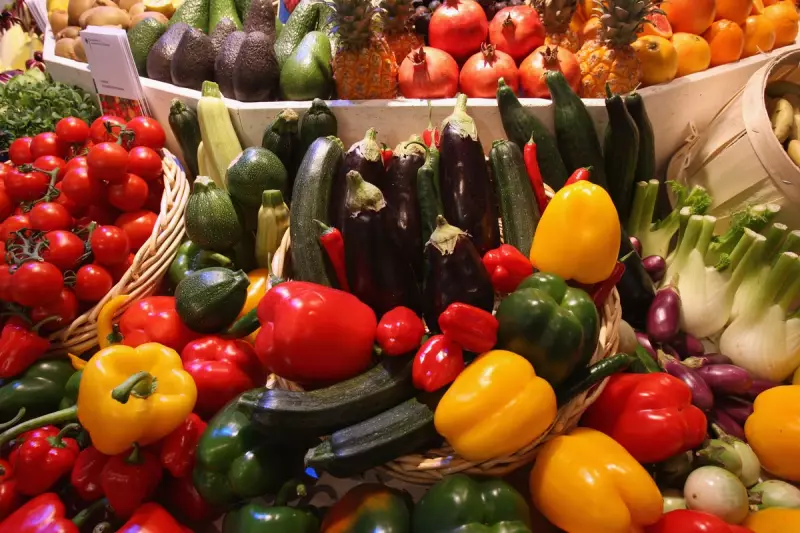
As summer heats up, many of us turn to fresh vegetables to stay light and healthy. However, some popular seasonal veggies might be secretly causing bloating and discomfort. Here’s what you need to know to enjoy your summer meals without the unwanted puffiness.
Why Do Some Vegetables Cause Bloating?
Certain vegetables contain high levels of fermentable carbohydrates, known as FODMAPs, which can be difficult for some people to digest. When these carbs reach the large intestine, gut bacteria ferment them, producing gas and leading to bloating.
Vegetables to Watch Out For
- Cauliflower: A summer salad staple, but its high fibre and FODMAP content can trigger bloating.
- Broccoli: Packed with nutrients but also contains raffinose, a sugar that can cause gas.
- Cabbage: Delicious in slaws, but its sulphur compounds may lead to digestive discomfort.
- Onions: A common ingredient, but their fructans can be hard to break down for some.
Tips to Reduce Bloating
- Cook your veggies: Lightly steaming or roasting can make them easier to digest.
- Portion control: Enjoy smaller amounts of high-FODMAP vegetables.
- Stay hydrated: Drinking water helps digestion and reduces bloating.
- Probiotics: Incorporate yoghurt or fermented foods to support gut health.
By making small adjustments, you can still enjoy summer’s bounty without the discomfort. Listen to your body and find what works best for you!





